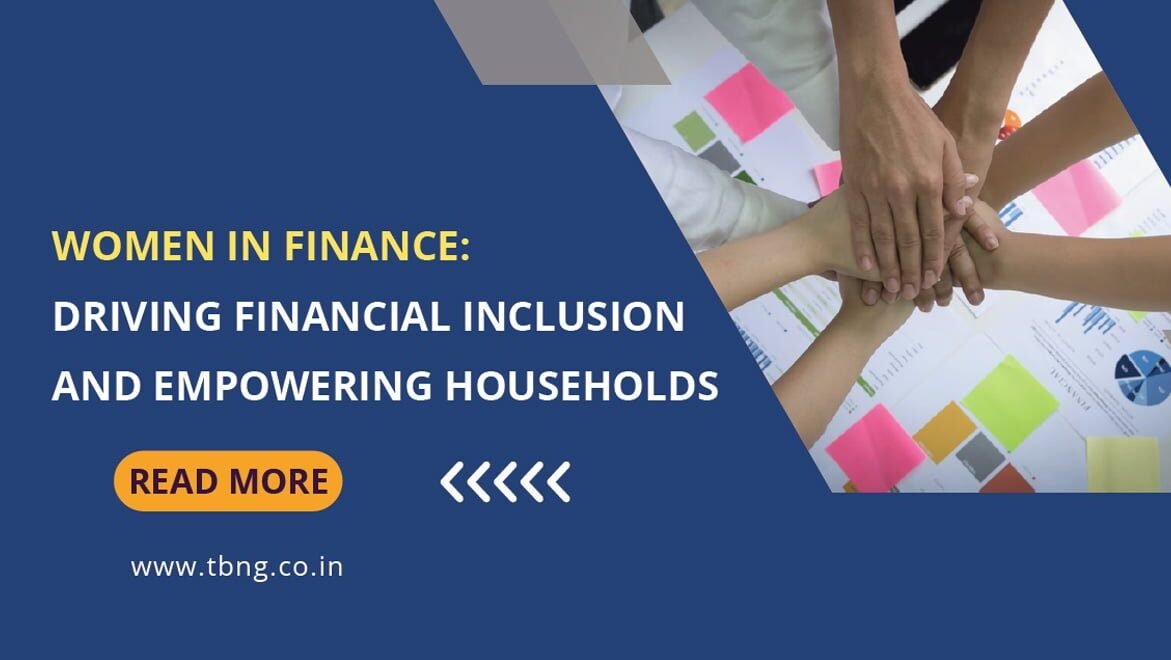Personal finance has long been considered a male-dominated field, but Indian women are breaking through that stereotype and taking control of their financial futures. In a post-pandemic world, a survey by Grow found that approximately 60% of women in the 18 to 25 age group make independent investment decisions. This is a significant shift from the past, where it was commonly believed that women’s role in managing household finances was limited to budgeting and stretching the family’s income as far as possible.
Many women professionals in India have made significant progress in the financial industry. Here are some:
Naina Lal Kidwai is a highly accomplished Indian business executive, chartered accountant, and banker. She served as the Country Head of HSBC India and is a former President of the Federation of Indian Chambers of Commerce and Industry.
Alice G. Vaidyan made history as the first woman to hold the position of Chairman-cum-Managing Director (CMD) at General Insurance Corporation of India. With over 36 years of experience in the industry, Vaidyan is globally recognized as a leading insurance expert.
Radhika Gupta is a trailblazer in the Indian corporate world, having achieved remarkable success as CEO of Edelweiss Asset Management Limited. With an Ivy League education from Wharton, Gupta co-founded a portfolio management firm before joining Edelweiss. Gupta is the first and only female head of a major asset manager in India, and she established the country’s first domestic hedge fund.
Despite women’s progress in the financial industry, there is still a long way to go when it comes to overall gender diversity. India’s rank in terms of gender parity was placed at the 135th position in the WEF’s July 2022 report, although the country’s position has improved by five places from last year. This lack of diversity can have significant implications on the financial well-being of women.
With the rise of dual-income households in India, it’s becoming increasingly common for women to be the primary breadwinners. As per research, the current contribution of women to India’s GDP stands at 18%, but providing equal opportunities to women can result in an addition of USD 770 billion to the country’s GDP by 2025.
However, despite the fact that more women are earning their own income, they still face unique challenges when it comes to financial independence. One of the biggest challenges is the gender pay gap, which is prevalent across industries in India. This makes it difficult for women to achieve financial stability and plan for the future. Women are key to the financial wellness of a home in India, and it’s important that they are equally responsible for managing the finances of the home.
To overcome these challenges, it’s important for women in India to be proactive in learning about personal finance and taking control of their finances. There are many resources available for women who want to improve their financial literacy, such as online courses and financial advisors who specialize in working with women.
The following are some examples of how financially savvy women improve household prosperity:
Better Budgeting: Financially literate Women can help with household budget creation and maintenance, spotting opportunities for cost savings, and developing a strategy for reaching financial objectives.
Investment Decisions: Women possessing knowledge of financial assets can assist in making investment decisions for the household, which can lead to better returns on investment.
Debt Management: Financially literate women can help manage household debt, create a plan for paying off loans, and avoid high-interest credit card debt.
Financial Education: Financially literate women can educate their family members, particularly their children, about the importance of financial literacy, which can lead to better financial decisions and habits in the future.
In conclusion, women in India are making significant strides in personal finance. However, there is still a long way to go when it comes to gender diversity in the financial industry. Women are key to the financial wellness of a home, and they must be equally responsible for managing the home’s finances. By empowering women to take control of their finances, we can create a more equal and prosperous future for all.


Leave a Comment